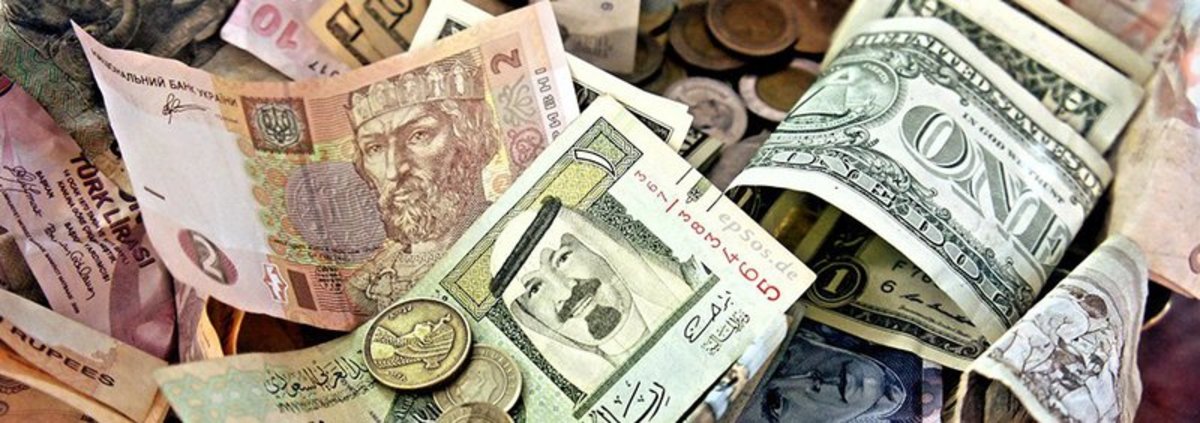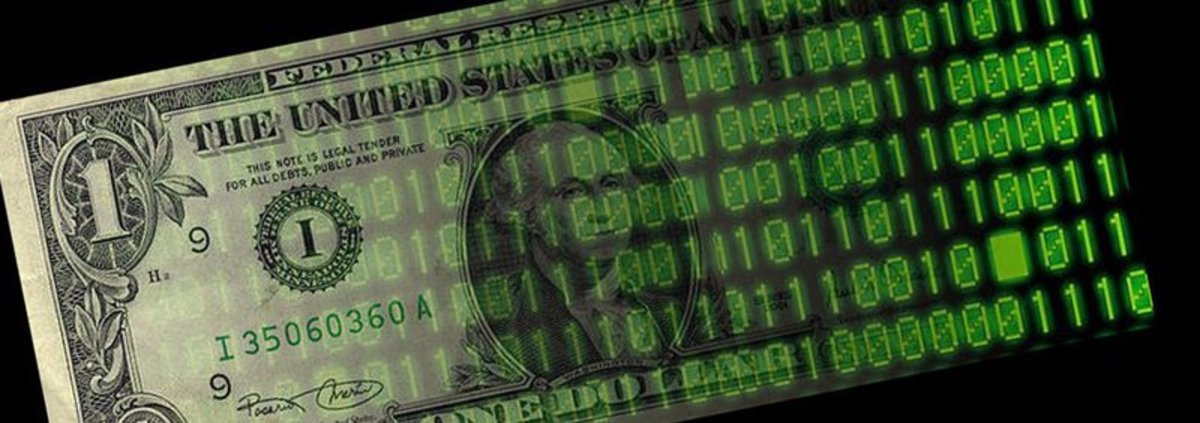
The Greek crisis and the prospect of Grexit – the exit of Greece from the Eurozone and perhaps even from the European Union – continue to make headlines. The government of Alexis Tsipras and his euro-skeptic, anti-establishment party Syriza, is trying to negotiate solutions for the struggling economy of Greece that would keep the country in the E.U. and the Eurozone, but the worst-case solution – Grexit – continues to be seen as a perhaps inevitable alternative option.
Greece’s Finance Minister Yanis Varoufakis wrote a blog post in February proposing a similar IOU-based currency, which he dubbed Future Tax Coin (FT-Coin). Varoufakis is not impressed by bitcoin as a currency, but he is persuaded that its underlying technology could be put to effective use in troubled economies.
“[T]he technology of Bitcoin, if suitably adapted, can be employed profitably in the Eurozone as a weapon against deflation and a means of providing much-needed leeway to fiscally stressed Eurozone member-states,” said Varoufakis. His post explained in detail how Greece could create an FT-Coin payment system with a Bitcoin-like algorithm to make it transparent, efficient and transactions-cost-free.
Recently, CNBC contributor Brian Kelly, the author of “The Bitcoin Big Bang: How Alternative Currencies Are About to Change the World,” proposed a similar bitcoin-like solution for Greece’s troubled economy. Kelly notes that Greece could stay in the Eurozone and begin repaying its debt, but for that it needs a method to monetize state-owned assets while still maintaining ownership. Kelly is persuaded that a digital currency based on blockchain technology could provide the solution.
Now, one of the most prestigious financial news sites analyzes whether the creation of an alternative currency could help toward a solution of Greece’s financial problems. “Could a Parallel Currency Help Save Greece From Drowning?” asks Peter Coy on Bloomberg Business. Coy reports that even German Finance Minister Wolfgang Schaeuble has said that Greece may need a parallel currency if talks with creditors fail, according to sources familiar with Schaeuble’s views.
“One version of the idea calls the second currency a TAN, for tax anticipation note. Another calls it a grec, for government reimbursement exchange credit. There's also the TCC, for tax credit certificate,” notes Coy, and adds a mention of Varoufakis’s proposal on the FT-coin, “where FT stands for future taxes and coin refers to bitcoin.”
The common idea is to free up Euros to pay foreign debts and to juice economic growth by spreading more money around domestically. The money would be an IOU issued by the Greek government that could be passed from one person to another.
“The government could print a bunch of the new currency (or create electronic ledger entries if the currency is virtual) and spend it on whatever governments buy, including civil servants' salaries,” says Coy. “People would in theory be willing to accept the money because it could be used to pay taxes. “The Bloomberg article outlines contrasting reactions of notable economists, ranging from enthusiastic to strongly skeptical. Especially interesting is the observation of Robert Parenteau, owner of investment and economic consultancy MacroStrategy Edge, who has written about the TAN as an electronic parallel currency and advised the Greek government in collaboration with economist Jamie Galbraith, who has worked closely with Varoufakis.
"Maybe the idea will take root in Spain or Italy,” said Parenteau.
Photo epSos. de
https://www.flickr.com/photos/epsos/8474532085/in/photolist-dUSc9a-dSZe91-mccMon-58Q1cZ-9PSLHY-jsUeA9-9jWpt-6zbaEG-gvcsRz-qLYojk-8rfCL3-jPKep-a8aMKH-dPcqJ1-9XzDSk-qEuHxF-nSyyu-LFKPG-e2VMps-67rRe3-pGn2rq-5Pn3Vw-89ooYu-7vXQpv-8vEXcj-7gbjNH-8vEXkh-zEkF-89kbQz-8vEXtU-8vBVXt-8vBVYM-8vBWcM-55FLSR-8vBWgB-8uVTTM-8vBVJ2-8vBW8X-8vBWdB-rUzoPF-8vBVZr-8vBW4Z-8vBWhi-8vBVL8-2coVj-8vBWbc-8vEXJ9-8vEXd9-8vEXGf-8vEXvJ
/ CC BY 2.0










